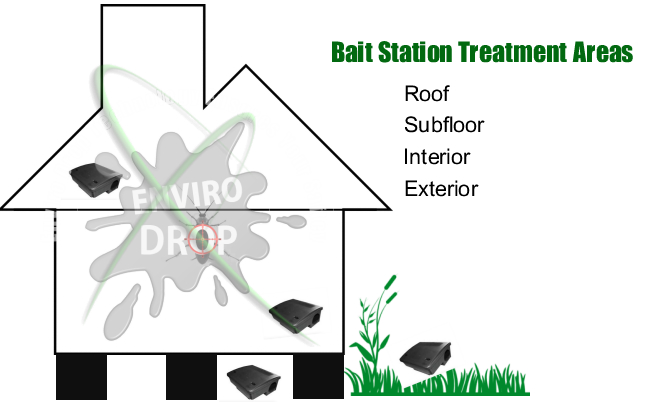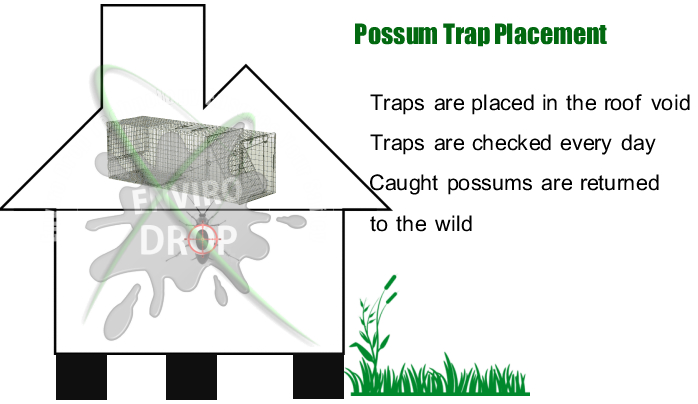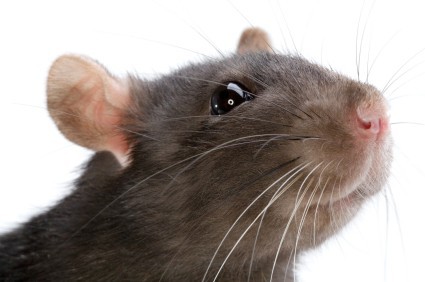
Rats and Mice
-
They start fires by gnawing on electric cables. The next time you hear the phrase "fire of unknown origin," think about rats and mice.
-
They eat large amounts of food, and they contaminate even more with their urine, faeces, and hair. At least 20% of the world's food is eaten or contaminated by rats and mice each year.
-
They damage structures, books, furniture, even appliances, through gnawing and burrowing.
-
Worse, they spread disease to humans and other animals through their bite, by transporting fleas, lice, mites and ticks, and by leaving their droppings in food and other materials that humans contact. Rodents are vectors for bubonic plague, rat bite fever, leptospirosis, hantavirus, trichinosis, infectious jaundice, rat mite dermatitis, salmonellosis, pulmonary fever, and typhus. Mice have been linked to asthma.
-
Rats will bite babies in their cribs, because the smell of milk or other food on the baby is attractive to a rat looking for food. A clean baby in a clean crib is a lot safer from rat attack. To protect your baby, take the bottle away as soon it's finished, and wash its hands and face. Do the same for any disabled or elderly persons in your household who cannot care for themselves.
Bait stations are placed strategically around your property. Bait stations protect bait from moisture, dust, and weather; provide a protected place for rodents to feed, allowing them to feel more secure; keep no target animals and children safe from baits; and help prevent accidental spilling of bait. In addition, bait stations allow easy inspection of bait to determine use.
Price $256.00 Includes 6 month warranty with option for 12 months
________________________________________________________________________________________________________________________________________________
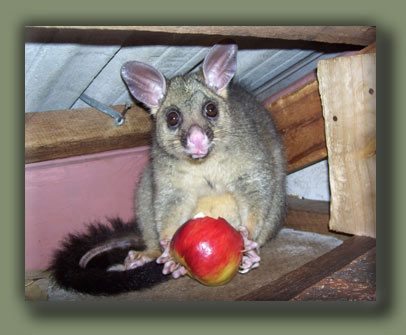
Possums
In their natural environment, possums usually live in tree hollows but with the loss of native bushland many of these natural homes have been destroyed. Being highly territorial, possums do not relocate easily and so they sometimes seek safe shelter in your roof.
If a possum has made its home in your roof, follow these steps to remove the possum and ensure that it does not return.
- Provide an alternative home for the possum by constructing a sturdy weatherproof possum-house
- Where possible, get inside your roof and locate the possum's nest. The nest, which has the scent of the possum, should be placed in the new possum-house to encourage the possum to its new home. Securely fix the possum-house to a tree in or near your yard. Place it at least 4 metres (12 feet) from the ground so the possum will be out of reach of domestic cats and dogs.
- To encourage the possum to investigate its new home, put half an apple or banana in or near the possum-house.
- Trim any branches that overhang the roof to remove access to your roof.
- Spread some quassia chips throughout the roof cavity to repel the possum. These chips come from quassia plants, which are native to Central and South America. You can usually find quassia chips at hardware stores, or your local pharmacy may be able to order some for you. If you can't find quassia chips, you could repel the possum by spreading eight blocks of camphor or one or two boxes of mothballs throughout the roof cavity. Do not use both camphor and moth balls as they react chemically with each other.
- Place a light in the roof cavity and keep it switched on for 3 days and nights. The combination of the light and the smell should drive the possum out of your roof and hopefully into the possum-house you have provided.
- If you do not hear the possum for a few nights, it has probably found a new home. To prevent the possum from returning, block off the access points into your roof with timber, chicken wire or both. Night-time is the best time to block off the access points as the possum will have left to forage for food. Do not block off the access points unless you are certain the possum or possums have left your roof.
If this does not deter the possum, you may need to trap it.
Price $179 Per visit Includes 6 month warranty with option for 12 months
________________________________________________________________________________________________________________________________________________
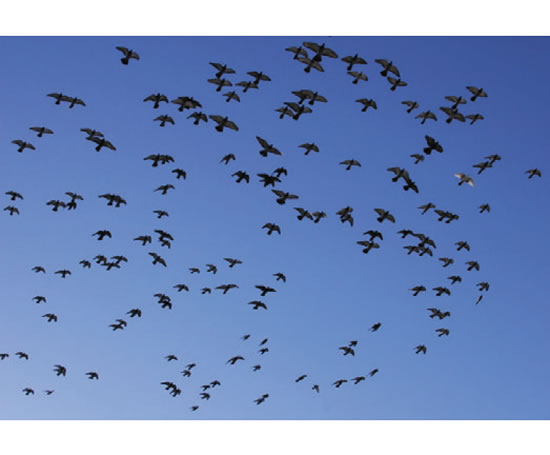
Birds
Bird droppings are very acidic in nature. They actually eat away at many substrates, especially tar-based roofing materials. Droppings which are allowed to accumulate on roofs will eat into the material and eventually cause leaks. The life expectancy of a warehouse roof can be cut in half by just a light, but continuous, application of bird droppings.
-
Birds can spread bird lice through your home
-
Accumulated bird droppings and nesting materials can impact human health
-
Bird droppings can be acidic and can damage metal, paint and fabric, as well as grass and other plants
-
Birds are migratory and can travel long distances, making them efficient carriers of disease
-
Large flocks of birds can cause millions of dollars of damage a year to homes, businesses, machinery, automobiles, rooftops and ventilation systems
-
Bird nests and droppings are also blamed for thousands of clogged drains every year
Not only can birds cause property damage, they can also impact our health and safety through the transfer of harmful diseases. It’s reported that there are over 60 viral, bacterial, fungal, and parasitic diseases carried by birds and their droppings. What’s especially worrisome for residential areas is that many of these diseases are airborne and can easily be transferred to humans simply be being
________________________________________________________________________________________________________________________________________________
